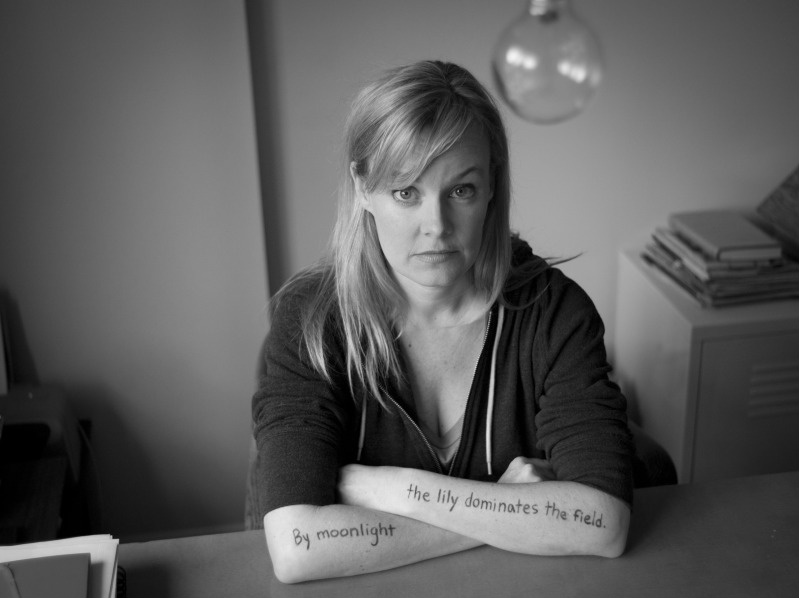I’m a poet. Occasionally, however, I hate poetry. Usually these feelings occur during periods when I can’t seem to write any of it, when anything I do manage to force on to the page sounds (to my ear) stilted and awkward and pitifully dumb.
These periods are uncomfortable, to say the least. Frightening questions hover like gnats: What if I’ve lost “it”? What if I can never write a poem again? Attendant with this line of thinking is envy: It’s probably not hard for other poets. There must be something wrong with me.
During my first periods of “writer’s block” (or whatever you want to call it), I believed those voices. The voices were so sure of themselves. They sounded so reasonable and sane.
These days, however, I deal with the voices differently. I remind myself that I’ve gotten through other blocks and that I’ll get through this one, too.
How, you ask?
I get through by not forcing myself to write. I know that writing’s only going to demoralize the hell out of me. I get through by bitching to writer friends who nod sympathetically and remind me of their own personal writing travails (which, due to the nature of self-hood, never seem quite as bad as my own). Last, but not least, I read poetry (or try to). Not poetry that I think I should like or poetry that I only kinda sorta like. I read poetry that I steadfastly love by authors who write smart, sassy, and generous poetry.
One of these authors is Suzanne Buffam. When blocked, I like to spend serious time with her second book The Irrationalist (Canarium Books, 2010). Today, I’m hung up on one poem in particular. It’s called “Infinitive Interior,” which is a member of a series of “Interior” poems, such as “Ruined Interior” and “Vanishing Interior.”
Let’s read it.
 Initially, I was drawn to the bold form of the poem–that is, the endless repetition of the infinitive “To.” In poetry, it’s notoriously difficult to write a poem that adheres to the same strict form throughout. The danger is that the repetition will become expected and boring.
Initially, I was drawn to the bold form of the poem–that is, the endless repetition of the infinitive “To.” In poetry, it’s notoriously difficult to write a poem that adheres to the same strict form throughout. The danger is that the repetition will become expected and boring.
Not in this poem. The repetition is incantatory, spell-like. Rhythmic. Confident.
As I read and reread this poem, I considered why I liked it so much. Then it struck me. Of course! Obviously! This poem, among other things, is an ars poetica–a poem about writing, a poem about the trajectory of the writing process and, therefore, inherently concerned with writer’s block. Because writer’s block — let’s be honest — is an integral part of the writing process.
“To retreat to the torn red interior” seems to me to be an apt description of “writer’s block,” as well as a more truthful and positive one…. Perhaps, in order for us to “button” and “hammer” out poems (or any type of writing), we must retreat and attend to that torn place inside us?
If that’s the case, as Buffams suggests, then we can begin to understand “writer’s block” not as a plague on our house, but as an opportunity to delve deep, to where it’s red, messy, and real.

